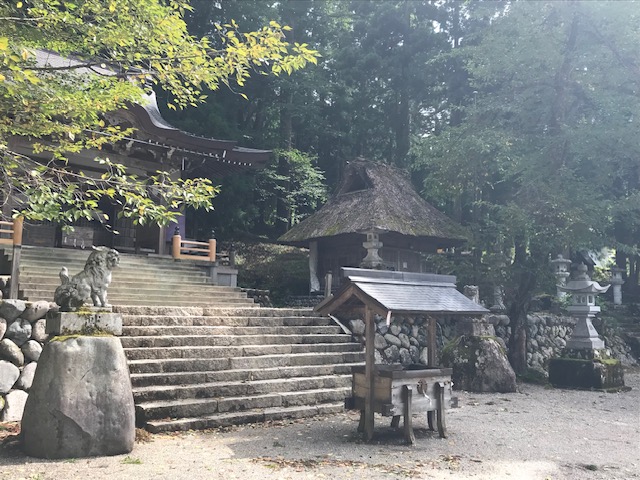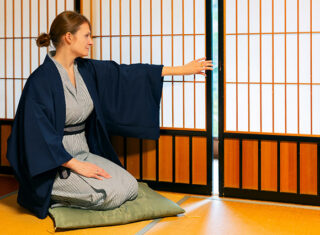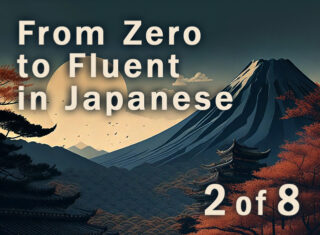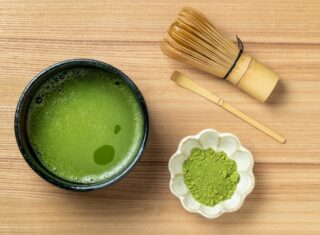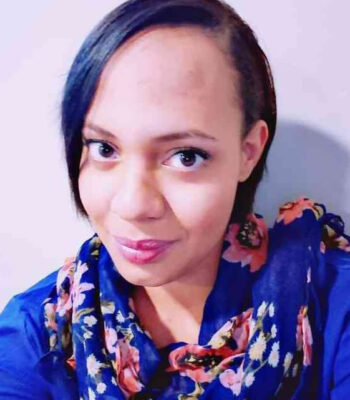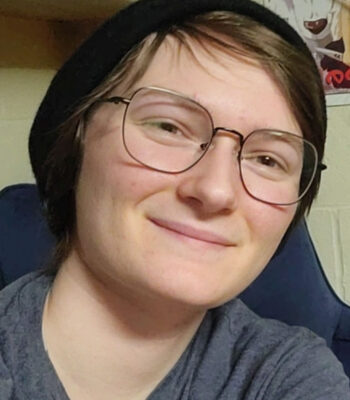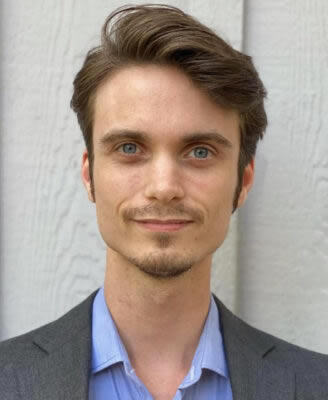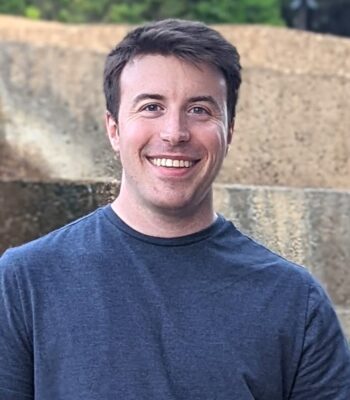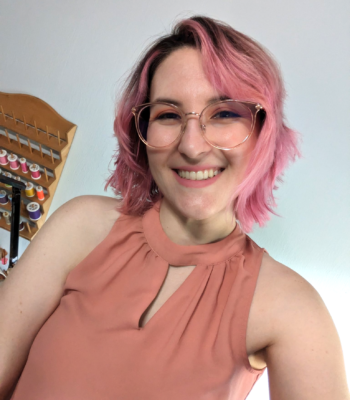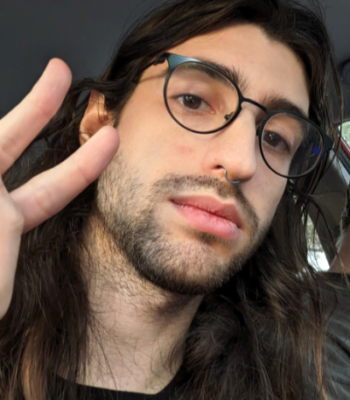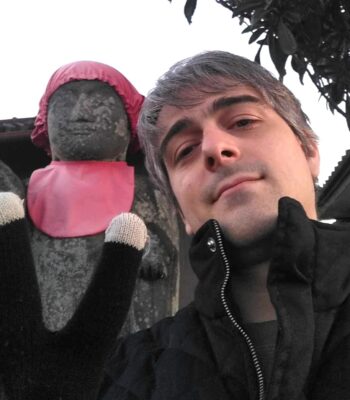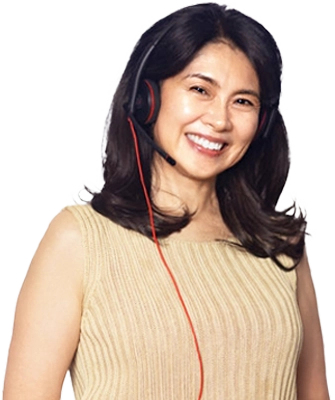- Learning Japanese
- Japanese Culture
From Zero to Fluent in Japanese: The True Story of How I Mastered Japanese and Changed My Life - Part 8: The Heart of OSJ
2025.10.12
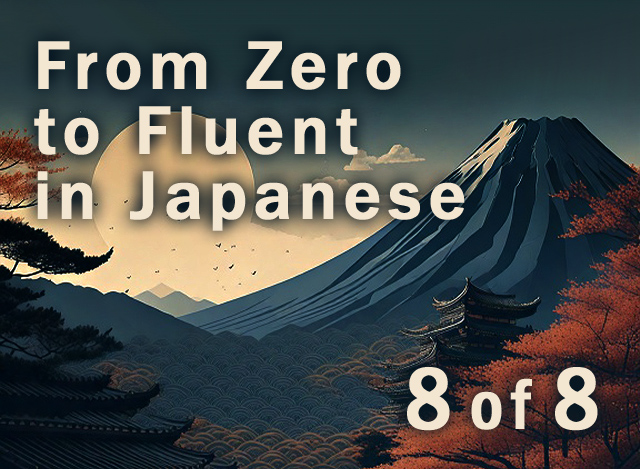
Chapter 26: Becoming the Bridge
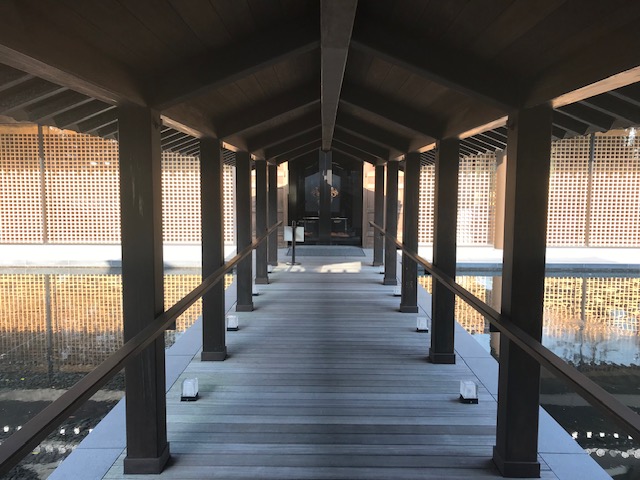
It didn’t happen all at once.
At first, things were still hard. The pressure didn’t vanish just because I’d survived a few quarters. The angry emails still came. The lab work still piled up. My Japanese still stumbled. And there were days when I still asked myself if I was really cut out for this.
But something had changed.
I wasn’t drowning anymore.
Little by little, I was learning how to swim.
I started noticing patterns—in the technology, in the communication flow, even in the silences between words on a call with Japan. I learned how to read between the lines, how to spot the unspoken concerns behind a request, how to anticipate issues before they exploded.
I got faster. Sharper. Calmer.
The account began to stabilize. Designs started meeting spec. Orders picked up. The red warning flags in the customer’s tone—so familiar by now—began to fade. The relationship thawed. Trust started to build.
And internally, something else began to shift.
The engineers who once doubted me began to ask for my input. My manager stopped hovering and started listening. The frantic meetings turned into real collaboration. I wasn’t just translating anymore. I was connecting. I was leading.
It took months of trial and error, late nights, and more mental breakdowns than I care to admit. But I had done it.
I had become the bridge.
Not just between two companies. But between two cultures, two languages, two worlds that had spent years talking past each other.
Now, with me in the middle, things were finally flowing.
My Japanese had transformed—not just in vocabulary or grammar, but in depth and heart. It wasn’t about sounding fluent. It was about being trusted. It was about deep communication, not superficial messaging. Being clear. Being effective. Seeing beyond the words, and into the other person’s heart. And that kind of fluency? It’s born through relationships, responsibility, care, and integrity.
It was lived Japanese. Felt. Earned.
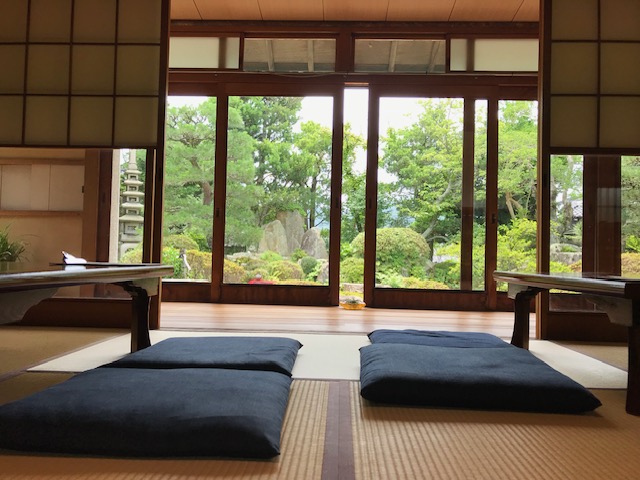
And while all this was happening—something else was quietly blooming at home.
I had started helping Oku Sensei behind the scenes. Just a little at first. Organizing files. Reviewing student messages. Helping build the early systems that would later become OSJ’s backbone.
But soon, my nights were split: half writing reports and emails for my day job, half brainstorming school structures and automations. I’d go from a meeting about thermal diffusion specs straight into a discussion about class flows and curriculums. It was exhausting. It was chaotic.
But it felt… right.
The two halves of me—the engineer and the entrepreneur, the worker and the dreamer, the American and the Japanese—weren’t fighting each other.
They were working together.
And that’s when I realized: this job, this pressure, this trial by fire… it wasn’t just about surviving.
It was preparing me.
Because to build OSJ—not just as a school, but as a bridge for others—I had to become the bridge myself.
A living, breathing example of what language, trust, and relentless effort could achieve.
And I wasn’t there yet.
But I was on the way.
Chapter 27: A New Perspective on America
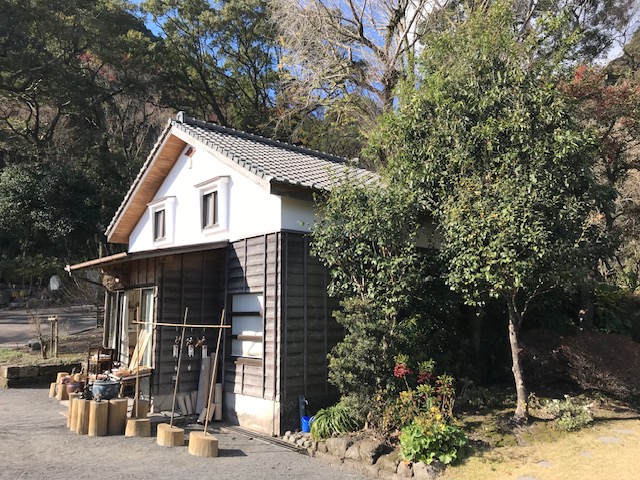
When I first came back to the U.S. after my year in Japan, something felt... off.
The streets looked the same. The stores, the signs, the food—it was all familiar. But the energy? The conversations? The pace and rhythm of life?
It didn’t fit anymore.
I had grown—quietly but deeply—in a way that made me feel like a stranger in my own country.
At first, I found myself resentful. Everything felt loud. Sloppy. Superficial. Self-centered. I remembered all the times I had been undervalued, underestimated, put down, and made fun of in America. Small talk felt meaningless. I missed the quiet thoughtfulness of Japan, the precision, the courtesy, the unspoken awareness of others.
And yet... as time went on, something unexpected began to shift.
It started at work.
I began to notice things I hadn’t appreciated before—like how easy it was to suggest a new idea. How no one blinked if I proposed a better way of doing something. How freedom and creativity weren’t just tolerated—they were encouraged. Where Japanese corporate culture prized stability and harmony, the American system rewarded initiative and boldness.
In Japan, the emphasis was often on getting it right. In the U.S., the emphasis was on trying—on taking risks, testing, improving.
And I began to see: it wasn’t about one being better than the other. It was about balance.
The precision and care I’d learned in Japan made my ideas stronger. The freedom I found in America gave those ideas room to grow.
For the first time in my life, I wasn’t choosing between two worlds. I was living in both.
Something was fusing inside me.
I stopped seeing myself as someone caught between cultures—and started seeing myself as someone that can merge the best of both worlds.
The Japanese in me brought discipline, humility, and attention to detail. The American in me brought confidence, clarity, and the courage to start something new.
And together… they made me stronger.
I stopped resenting where I came from. I started seeing it clearly.
I saw the flaws. I saw the beauty. I saw the potential.
I understood why Japan had shaped me into someone calm, precise, and deeply aware of others.
I understood why America had given me permission to speak out, to dream bigger, to build something of my own.
And slowly, I stopped feeling like I didn’t belong.
Because I realized: I didn’t belong only to Japan.
I didn’t belong only to America.
I belonged to the space between them—the space that connected the two. The space where languages meet, where perspectives collide, where something new is born.
And someday soon, that space would become a school.
But for now, it was becoming a self.
A new kind of self.
One that didn’t just adapt to the world—but helped reshape it.
★Also try reading:
What Were Ninja—Really? History, Tactics, and Hands-On Experiences
Chapter 28: Where Weakness Becomes Strength
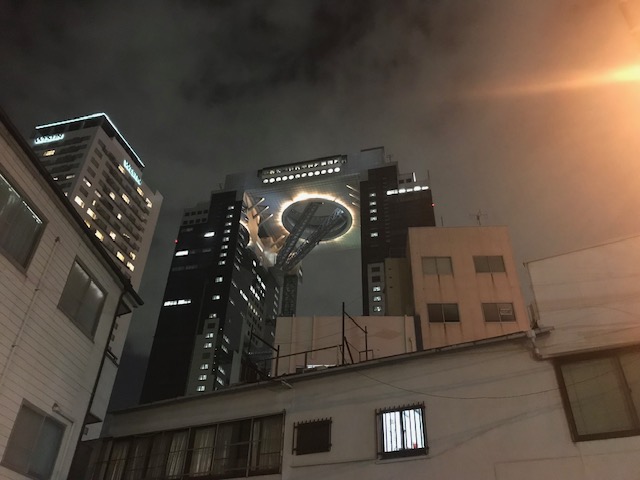
For most of my life, I’d been constantly picked apart by the people around me.
“You’re too sensitive.”
“You’re too agreeable.”
“You’re wasted potential.”
“Don’t let people walk all over you.”
“Stand up for yourself.”
“You need to be more assertive.”
In the culture I grew up in, those traits weren’t seen as strengths—they were liabilities. Kindness was weakness. Agreeableness meant you had no backbone. Sensitivity? That was a defect to be fixed. So I tried to toughen up. Be louder. More assertive. More “cool”. But the more I forced it, the worse things got. I was performing a version of myself that didn’t fit—because I thought I had to. Because the world kept telling me: “Who you are isn’t enough. You should be better than this.”
But in Japan, those same traits—the ones I had always been told were “problems”—started to shine.
When speaking with Japanese people, my tendency to listen carefully, be agreeable, speak with humility, be sensitive towards others… they worked.
They built trust.
They created harmony.
They made deeper and more meaningful relationships.
People opened up. Misunderstandings smoothed over. Tensions eased. I wasn’t pushing to be heard—I was creating space for others to be heard. And in turn, we would gently share our ideas and opinions in a way that was neither pushy, demanding, or arrogant. I remember reading once; “Japanese is like bowling, whereas English is like tennis”. Having lived the language for many years now, I can say with confidence that is 100% true. In Japanese, everyone contributes to the shared space of the conversation—without force, without competition. In Japanese, conversations are something to be shared, not won.
Sensitivity became awareness.
Kindness became trust.
Agreeableness became connection.
I wasn’t “not enough” anymore.
I was just right—because I was finally in a place that valued what I was naturally born with.
Japan didn’t just accept these traits.
It rewarded them.
Reading the air. Navigating subtle communication. Knowing when to pause and when to speak. These weren’t soft skills—they were survival skills. And I was good at them.
For the first time, I didn’t feel like I had to change who I was to succeed.
I just had to be myself—fully and without shame.
I began to see that the right environment doesn’t change you.
It reveals you.
I wasn’t weak.
I had just never been in the right soil to bloom.
And now, surrounded by the quiet strength of Japanese culture and the steady support of Oku Sensei, I had finally grown into the true me:
A sense of self that wasn’t based on what others thought was “better”.
A confidence that didn’t require loudness.
A strength that came from empathy, not ego.
I stopped trying to be the person others thought I should be.
I stopped measuring my value by “what an American should be”, and by what the best version of ME should be.
And I started showing up as me—gentle, perceptive, caring, passionate.
Not because I was trying to be those things.
But because I was.
And much to my surprise, it was also exactly what the people around me needed.
Exactly what made me good at my job.
Exactly what helped OSJ grow into something real.
Because the truth is—people don’t connect through dominance.
They connect through understanding.
And understanding begins with empathy.
With listening.
With care.
That’s what I had always carried inside me.
And in the right environment, it became my strength.
★Also try reading:
What Is Rakugo? History, Appeal, and Three Beginner-Friendly Stories
Chapter 29: A School Built on People
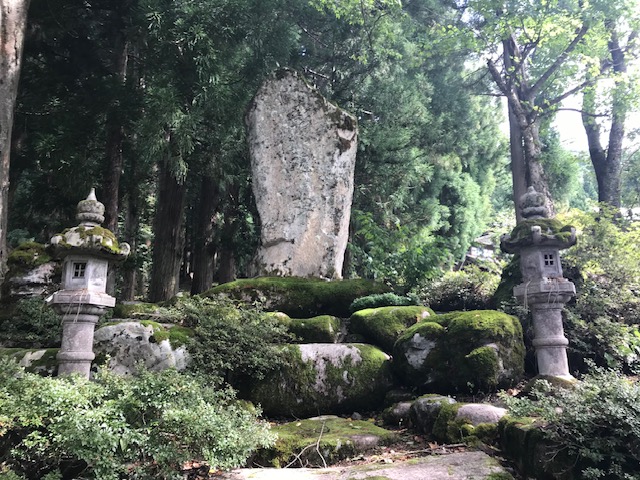
By the time we officially founded OSJ, I knew one thing for sure:
We didn’t want to build just a language school.
We wanted to build a space for transformation.
Because when I looked back on my own journey—everything I had struggled through, broken through, and grown through—I realized something powerful:
It wasn’t just the language that changed me.
It was the people.
The trust.
The belief.
It was Oku Sensei, standing by me, year after year.
It was my professors in Japan, who saw potential in me when I didn’t.
It was the customers and colleagues who relied on me, even when I was unsure.
It was the culture that showed me I didn’t need to change who I was to succeed—I just needed the right environment to become who I was always meant to be.
That’s what we wanted to create.
Not a collection of grammar lessons.
Not a set of downloadable PDFs.
Not a sleek website with a shiny slogan.
But a place.
A real place—where people feel seen.
Where they feel safe.
Where they feel like they matter.
A place where learning Japanese isn’t about memorizing vocabulary or passing a test.
It’s about healing.
It’s about finding your voice.
It’s about discovering that the version of you that’s been hiding—under fear, under shame, under doubt—can come out now.
Because someone believes in you.
Because someone sees you.
Because someone is walking beside you—step by step, just like someone once did for me.
That’s what OSJ is.
It’s not just a school.
It’s a bridge.
A lifeline.
A chance.
For the kid who never fit in.
For the adult who gave up on dreams.
For the quiet one in the back of the room who always wanted to speak up, but didn’t know how.
We see you.
And we’re here for you—not to rush you, not to shame you, not to sell you false promises.
But to walk with you.
Patiently.
Lovingly.
Honestly.
Because the truth is—education isn’t about teaching facts.
It’s about changing lives.
That’s what Oku Sensei did for me.
That’s what our team does every day.
That’s what we built OSJ to do.
Not to impress people.
To transform them.
To give them the one thing that changed my life forever:
A path.
A teacher.
And someone who believes in them.
★Also try reading:
Which Japanese Learning Service is the Best? A Comprehensive Comparative Analysis
Chapter 30: From Zero to Fluent – And Still Becoming

I used to think fluency had a finish line.
That one day, I’d wake up and finally feel like I’d “made it.”
That I’d speak perfectly.
That I’d never stumble.
That I’d be done.
But now, after everything—
After all the tests, the tears, the late-night translations and early-morning lessons—
I see it clearly:
Fluency isn’t just a one-time goal.
It’s continuous growth. It’s a relationship. It’s a way of life.
With a culture.
With a people.
With yourself.
Because learning Japanese didn’t just give me words.
It gave me a way of being.
A way of listening.
A way of noticing.
A way of walking through the world with more grace, understanding, steadfastness, passion, and care towards others.
I’m not the same person I was when I picked up that first textbook.
Not the same student who stared at the page, overwhelmed by hiragana.
Not the same young man who stood in the middle of Tokyo, terrified, and asked for help in broken Japanese.
And yet... I’m still learning.
Still discovering new shades of meaning in a simple phrase.
Still uncovering new depths of culture behind everyday words.
Still stumbling, sometimes.
Still growing, always.
Because this journey—
It doesn’t end when you pass N1.
It doesn’t end when you get a job, or when you marry into the culture, or even when you start a Japanese school.
The journey ends when you stop listening.
When you stop caring.
When you stop showing up.
And I don’t plan on doing that. Not now. Not ever.
There’s still more to understand.
Still more to connect.
Still more to give.
Because from zero to fluent isn’t a straight line.
It’s an upward spiral.
Each time you return to the beginning, you come back with new eyes.
Wiser. Stronger. Kinder.
And that, to me, is the real meaning of fluency.
Not perfection.
Not performance.
But a way of understanding, thinking, and being.
And if you’re reading this—wondering if you’ll ever “get there”—
Please know this:
You don’t need to be perfect to be powerful.
You don’t need to master every word to matter.
You just need to keep going.
Keep listening.
Keep showing up.
Because somewhere in this journey—
Between the strokes of a kanji you never thought you’d memorize,
Between the pauses in a conversation where you finally understood the meaning,
Between the moments where you thought about giving up but didn’t—
You are becoming.
And so am I.
Still learning.
Still growing.
Still becoming fluent—
In language.
In life.
In love.
This isn’t the end.
It’s just the next beginning.
